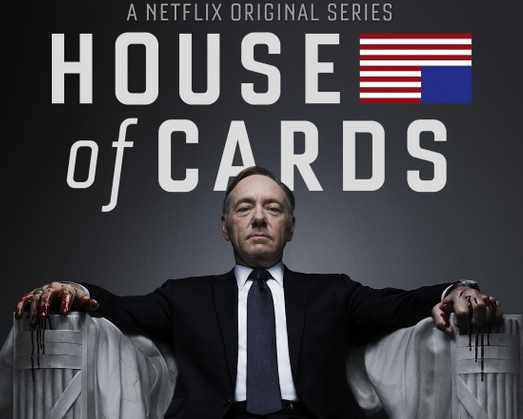 The technology blogosphere has been buzzing with the discussion on a lecture by the movie star Kevin Spacey on how Netflix model can save the television industry.
The technology blogosphere has been buzzing with the discussion on a lecture by the movie star Kevin Spacey on how Netflix model can save the television industry.
The speech by Spacey is unusual because unlike other media entrenched stars he does not parrot the familiar idea that people who prefer to watch content on the internet are basically the ones who don’t want to pay for content they consume. He sensibly makes the point that consuming television content online is a matter of convenience.
He also suggests that the Netflix model would save the television industry from ruin as it embraces the internet and allows content to be viewed anytime and anywhere and on more or less any device. His advise basically is “let the talent do what they do, trust the talent”.
Kevin Spacey is not just an actor and is also a producer of the TV show “House of Cards” which is available on Netflix. All the episodes are made available at the same time. That means there is no particular time or day of the week a subscriber has to wait to catch a new episode.
The Video:
Currently, we have 100s of channels on television. Most of them we subscribe while some are free. Channels make money from subscribers and also from advertisements. They decide which television show to broadcast at what time and day of the week. Based on these revenues contracts are signed with television content makers.
What is the Netflix model all about?
What Netflix does is streams their content over the internet. So users to do subscribe to a channel but to a particular show. All the episodes are available from day one once you subscribe. Basically it makes it very easy for users to consume content whenever and however they want it.
Television channels are resisting this idea mainly because it threatens their existence in their current format. They are like the telephone companies who did not invest in the future which was wireless mobile technology; because they were too entrenched into the system.
Will it work? Do you think the future on television is embracing the internet or will cable and direct to home dish television survive? Do drop in your comments.
You must be logged in to post a comment.